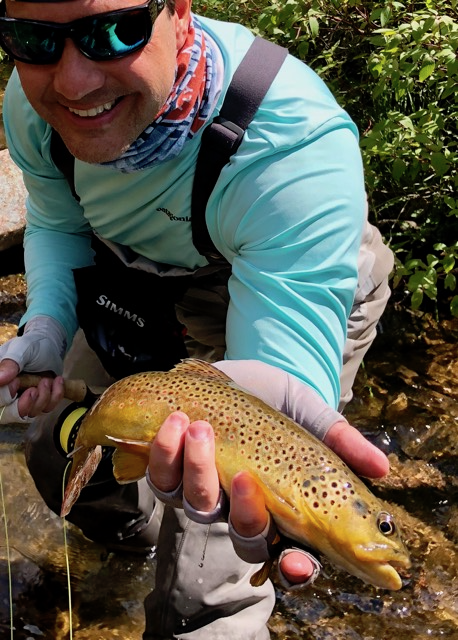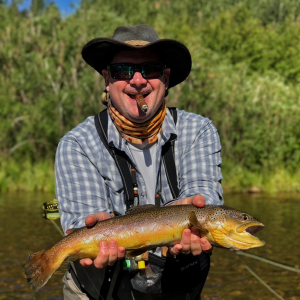Keep close to nature’s heart… and break clear away, once in awhile, and climb a mountain or spend a week in the woods. Wash your spirit clean. John MuirTwo years ago, I wrote a piece on how Far West Capital – and I – approach work-life balance. At the time, I was trying for something I called work-life integration. Sure, I’d take lots of vacation time. But I’d combine that time with work, multitasking whenever I could. After all, I’d rather answer emails from a hot tub on a mountain than from my desk. It worked pretty well for getting us out of the office – but less well when it came to truly taking time off from daily work. If you’ve been following my blogs lately, you know that I’m trying to change my relationship with my phone; I’m trying to be more present, more intentional, with my attention. Some of that is personal life stuff – deleting the Facebook and Twitter apps off my phone helped too. Some of that is work. I tried to have my cake and eat it too – or in other words, I tried to do too many things at once.. The result of that? Work suffers. So does your personal life.
We need to get outside. Our health depends on it.
You need “blank space.” Your brain needs time to be creative, time to fill up on all the stuff it doesn’t get to do during the work day. Just five minutes outside in nature can have a lasting effect on your health. One study found a positive relationship between time spent outdoors and reduced stress and anxiety. But you knew that already. It’s just so hard to turn it off. Or is it? Can you be the best at your job if you’re not taking breaks to give your mind something else to do, something else to look at?If you’re a manager, or a CEO…
We should all be reviewing our vacation policies. The goal of vacation time should be wellness; if you follow my journaling structure, you’re already paying attention to physical, emotional, mental, spiritual, and fiscal health. Vacation should help you – and your team – fill up on the ones you’re not quite getting every weekday. We recently joined our company with Advantage Business Capital (Central Bank of Houston), who has an interesting vacation policy: if you’re out for 2 weeks, you have to shut your email off for at least 9 working days. I love this – and it scares the shit out of me. We should all be able to designate backups and turn off the work part of our brain for an extended period of time. If your team isn’t already disconnecting on vacation, ask yourself if there’s something you can do to ensure they do. That’s not to say that integrating work and life has its benefits. I’d rather answer emails from Austin’s Barton Springs any day, and I’m lucky to work somewhere that makes it possible to do that. But it’s still critical to take time every year to really disconnect. Your brain and your body need it. For more on how nature can heal you, and the science behind “forest bathing” (yes, really) check out this blog.If you spend one day in the forest, you have 40% more natural killer cells in your blood. Forest air can also increase the production of DHEA in our adrenal cortex. This substance protects us from coronary heart disease and heart attack. Clemens Arvay, an Austrian biologist and author of “The Biophilia Effect: A Scientific and Spiritual Exploration of the Healing Bond Between Humans and Nature.”Even introducing more green plants, more windows, more access to nature in your office can improve productivity and reduce absenteeism. But that’s just one thing – making it possible for everyone in your office to refresh their mental health in nature, without their phone, is the ultimate goal. After all, it’s science.
We all need to be more present
I’m writing this after 2 weeks in the Roaring Fork Valley, up in the mountains of western Colorado. For a solid 5 days of that time, I stayed out of cell phone range – or just didn’t turn my phone on at all (mostly because the wifi broke – but shhh, that’s not the point). The rest of the days, I’d log in for an hour here or there – and my team knew to expect that I’d only be available at those times. It was night & day from my previous approach. I knew I’d done something right when my son looked at me while we were fishing last week and said “Dad, you’re proof positive people can change.”
A brown trout I caught in Colorado, August 2018

My best friend from college Chris Croom shows off his own brown trout.
Cole Harmonson is the president of Far West Capital, a company that funds the goals of high-growth entrepreneurs. Know a great company in need of capital to unleash their potential? Send them here and we’ll give them a call.


